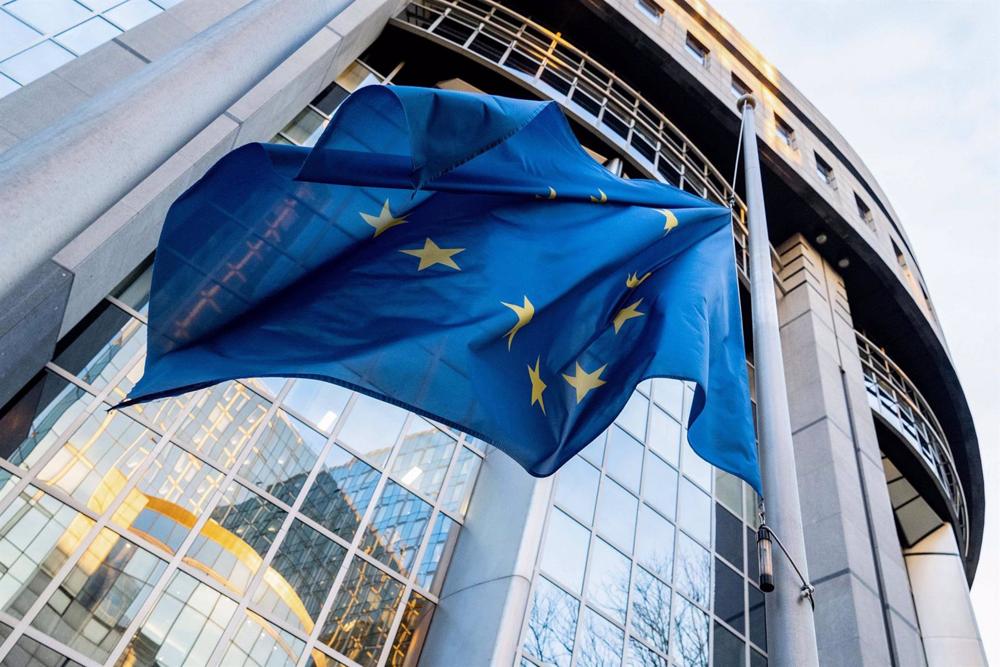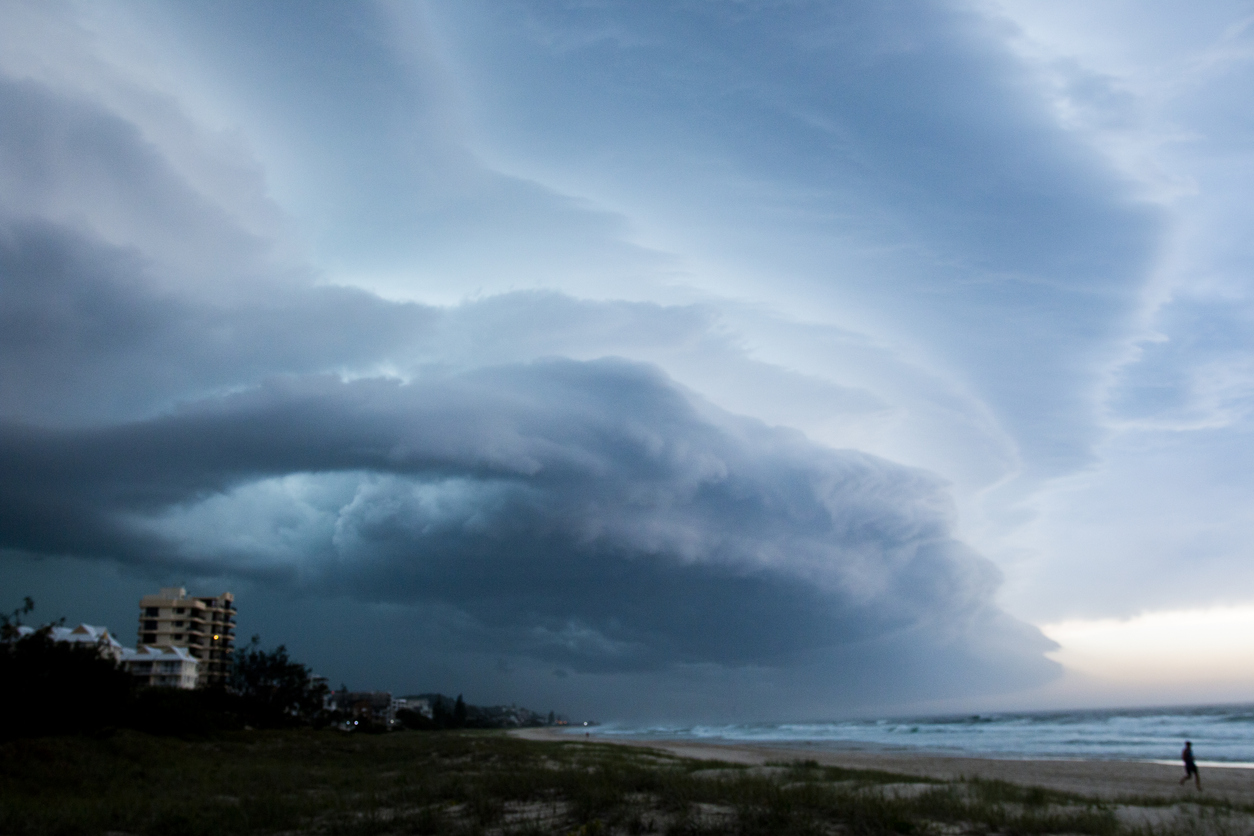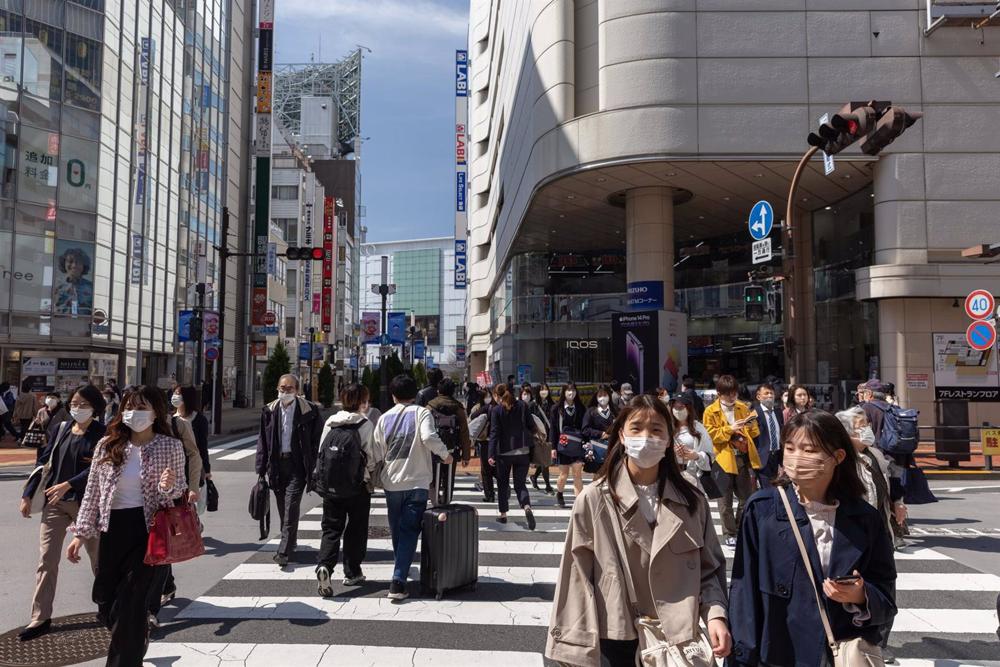
The member states of the European Union have not managed to unblock Thursday the adoption of the ninth round of sanctions against Russia in retaliation for the aggression in Ukraine, after a fourth meeting of European ambassadors that has not cleared the reluctance of Poland and Lithuania to the exceptions raised by other European partners for the transport of Russian fertilizers, diplomatic sources have informed Europa Press.
The idea of the EU countries was to approve the package of restrictions before the summit of leaders of the EU-27 this Thursday in Brussels, although different sources point out that the meeting at ambassadorial level has not cleared the doubts of Poles and Lithuanians who consider that the issue of food safety cannot be used to «relax» the measures against Moscow.
For their part, six Member States with port interests, including Spain, have circulated several versions of a document to define the exceptions and ensure that they are limited exclusively to the maritime transport of food and fertilizers to developing countries. All the documents have been vetoed by Warsaw and Vilnius, said diplomatic sources, who speak of a «philosophical debate» and insist that allowing the activity of oligarchs in a sector of prime necessity is not equivalent to «removing them from the sanctions».
Upon his arrival at the summit, Polish Prime Minister Mateusz Morawiecki has accused «several countries» of withdrawing sanctions against Russian oligarchs, including «close allies» of Russian President Vladimir Putin. «Russian lobbyists are often active in Brussels and their goal is clear: to find alternative solutions to sanctions, to make them less strict and easier,» he said as he entered the summit with his European counterparts, stressing that Poland wants to strengthen the measures. Diplomatic sources also point out that there are concerns about the extension of some sectoral sanctions that expire in January and whose renewal depends on a decision to 27.
In the same vein, Lithuanian President Gitanas Nauseda has called for keeping sanctions as tough as possible. «We have doubts about attempts to relax sanctions because of food security. This cannot be used as an excuse to ease sanctions on Russian oligarchs. Every day people are dying under Russian bombs,» she stressed.
This comes on top of the need to confirm the €18 billion macro-financial assistance to Ukraine by 2023, after overcoming Hungary’s veto, a position that has been criticized by Nauseda. «I see that sometimes we go into blackmail. Of course Russia blackmails us but it is not good if we start blackmailing each other,» the Lithuanian leader criticized.
More optimistic was the president of the European Council, Charles Michel, on his arrival at the summit, insisting that he hopes that the sanctions package can be adopted soon and that the leaders will confirm the 18 billion in macro-financial assistance to Ukraine by 2023. «I am confident, I think it is possible to reach an agreement,» he said.
The contrast was provided by the High Representative of the European Union for Foreign Policy, Josep Borrell, who acknowledged that the package will not be unblocked at the leaders’ summit and that more work will be needed at the level of European ambassadors to move this initiative forward.






